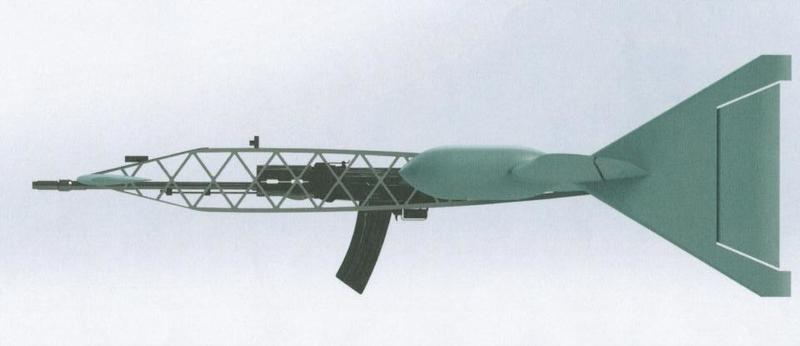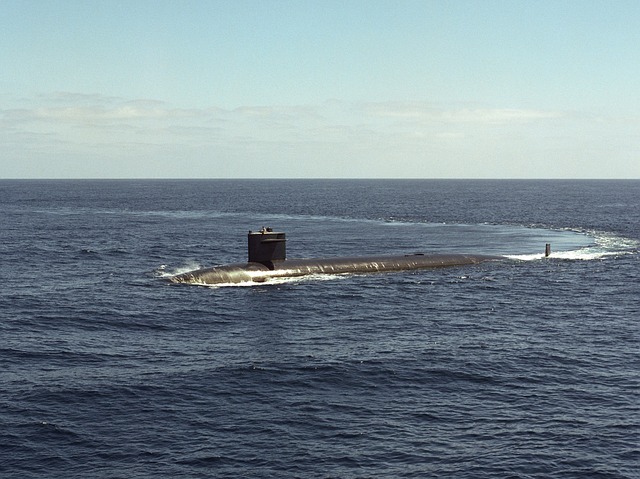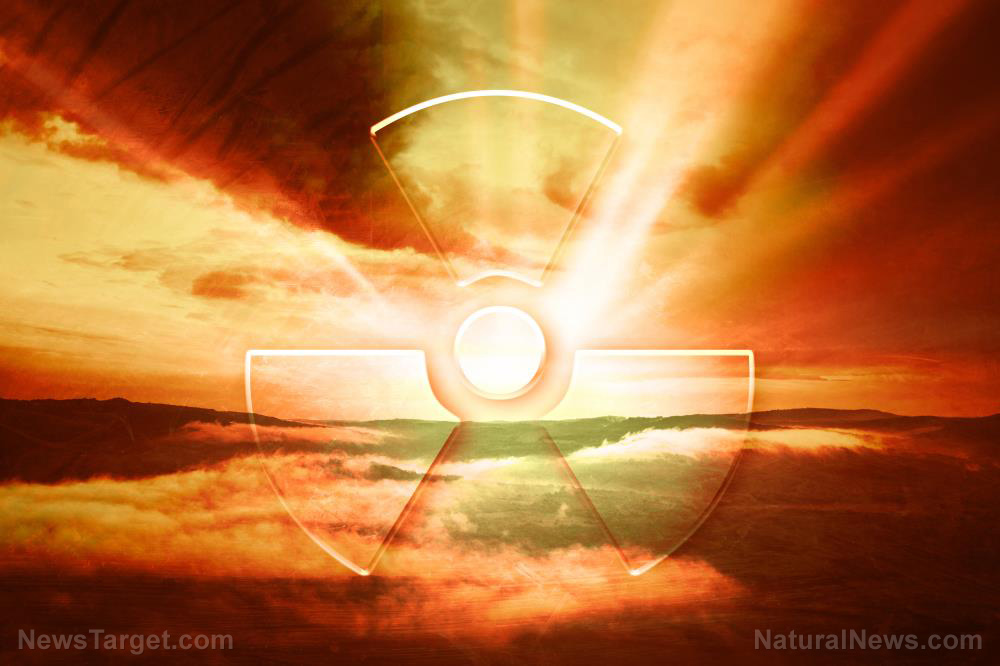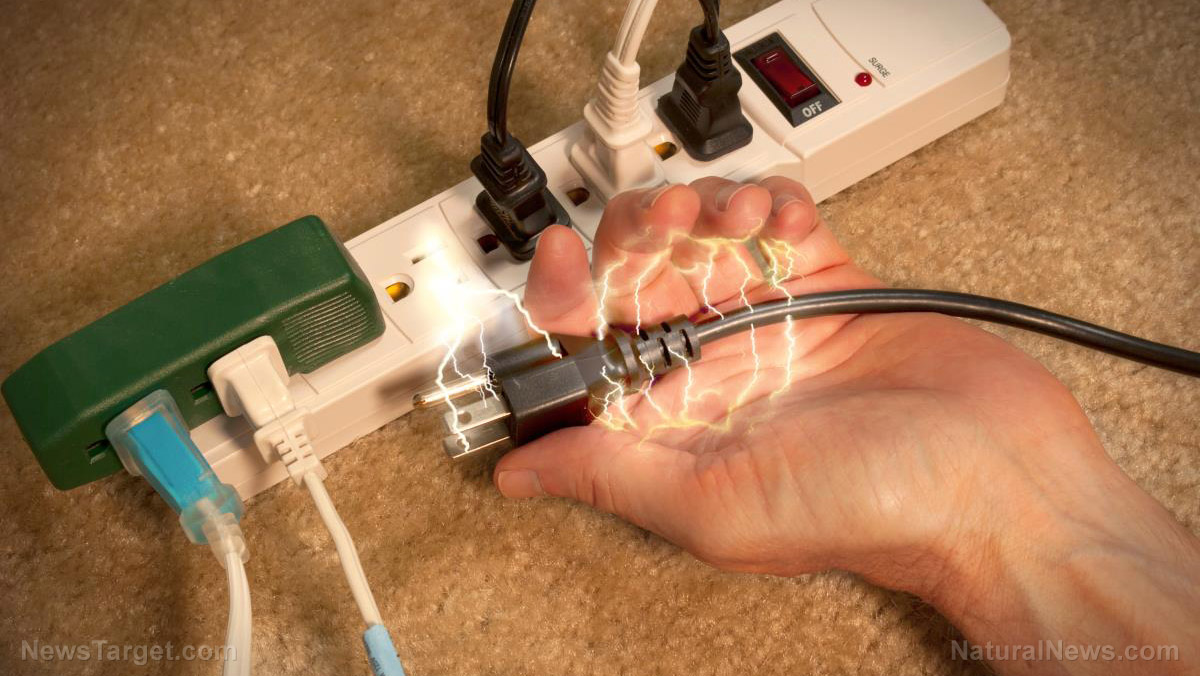5G drones to blanket the nation, beaming down cancer-causing radiation from the skies… and there’s nowhere they can’t find you
09/27/2019 / By Tracey Watson

Whether we like it or not, 5G (fifth generation) wireless internet technology is slowly but surely being rolled out across the globe. Promising faster speeds, better connectivity and virtually instant data transfers, 5G is being hailed as a technological boon.
Service providers promise that 5G will enable downloads at 100 times greater speeds than 4G technology. This would translate to the ability to download a full HD movie in less than 10 seconds. 5G also promises more stable connections and greater capacity, enabling networks to handle multiple high-demand applications simultaneously.
However, while the media continues to sing its praises, very little has been said about its potential dangers – of which there are many. Studies have found that 5G technology will emit radiation at levels never before experienced by human beings, which could have devastating – and irreversible – effects.
Despite the potentially serious dangers, however, Waking Times reported recently that a collaboration of tech giants and defense contractors will soon be launching huge, football-sized drones into the stratosphere above Hawaii, from where they will beam massive amounts of 5G radiation down to the Earth below. (Related: Experts WARN — 5G technology will blanket the Earth with ultra-high microwave frequencies.)
“Airborne overhead 5G communication”
According to the Use Determination Application compiled for the Research Corporation of the University of Hawaii, the purpose of the HAWK30 program “is to develop new airborne overhead 5G communication, which would provide strong wireless service over a large area, including deep valleys, remote lands, and over the ocean.”
The Federal Aviation Administration (FAA) has granted the project a COA2 certificate of authorization, which will allow the drones to operate in a 150 square mile radius for up to two years. The area which will be covered by the drones includes the Molokini crater, a popular tourist spot that boasts 300,000 visitors annually, as well as beautiful tropical waters that are home to tropical fish and a special humpback whale national marine sanctuary.
Experts warn, however, that these drones pose significant risks. Waking Times reported:
Radiation harm is a concern as one HAWK30 drone broadcasts the equivalent of 1800 cell towers, albeit at a much lower power level, however, power is irrelevant to health effects except for tissue heating. Thousands of peer reviewed research studies document the non-thermal effects of wireless radiation on humans and other living things. In some experiments the lowest power levels caused the most leakage in the blood-brain barrier. An inverse relationship between power and health effects has even been shown. Wireless technology is not made safe by reducing the power.
The HAPS drones which will be used in the project will fly at 70 miles per hour and have a 260-foot wingspan and 10 propellers each. Each drone will boast cell site coverage of 124 miles in diameter, creating a blanket of radiation over the entire area.
There are other issues in addition to radiation concerns. Waking Times warns:
In addition to irradiating all life forms within range, this type of massive flying wing has a bad safety record. Two high altitude drones have been built by AeroVironment and they both fell from the sky and crashed. In fact, the drone is so experimental that almost no regulations exist to govern it. Project officials appear ready to take full advantage of this, having boasted about schooling the FAA and writing their own rules.
But a 1.5 ton HAWK30 falling from the stratosphere could have devastating effects. Only 2300 Newtons of force crush a human skull wearing a helmet. Falling from a height of 70,000 feet, a 1.5 ton object would impact with 266,756,000 Newtons of force!
Eventually the project leaders plan to turn the island of L?na’I into a manufacturing plant and launch pad for thousands of drones which will be sent across the globe, blanketing the planet in cancer-causing radiation. Learn more about the dangers of 5G technology at Radiation.news.
Sources include:
Tagged Under: 5g, badtech, Big Tech, dangerous text, drones, future tech, Hawaii, health freedom, internet, radiation, risks of 5G, wireless technology
RECENT NEWS & ARTICLES
COPYRIGHT © 2017 RADIATION SCIENCE


















